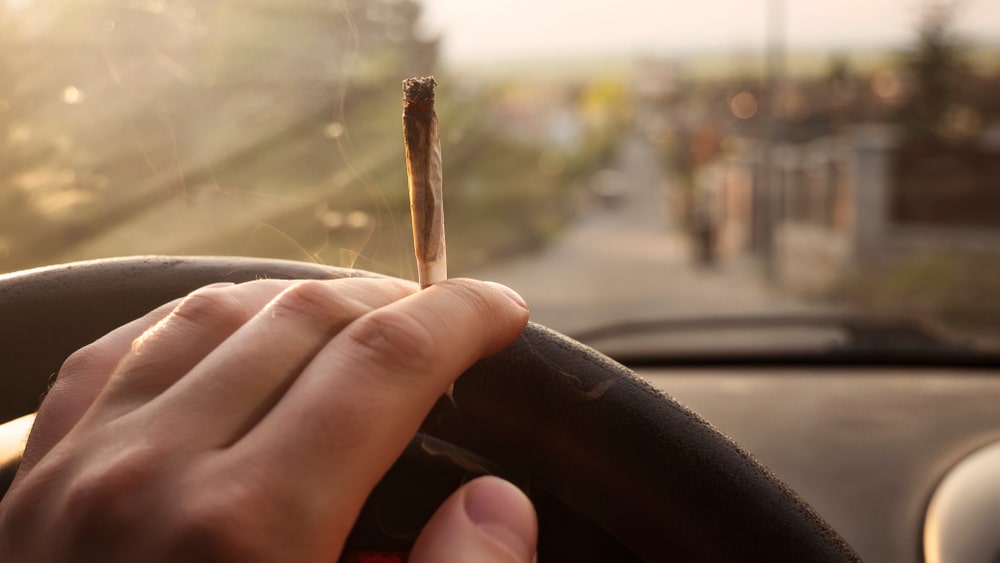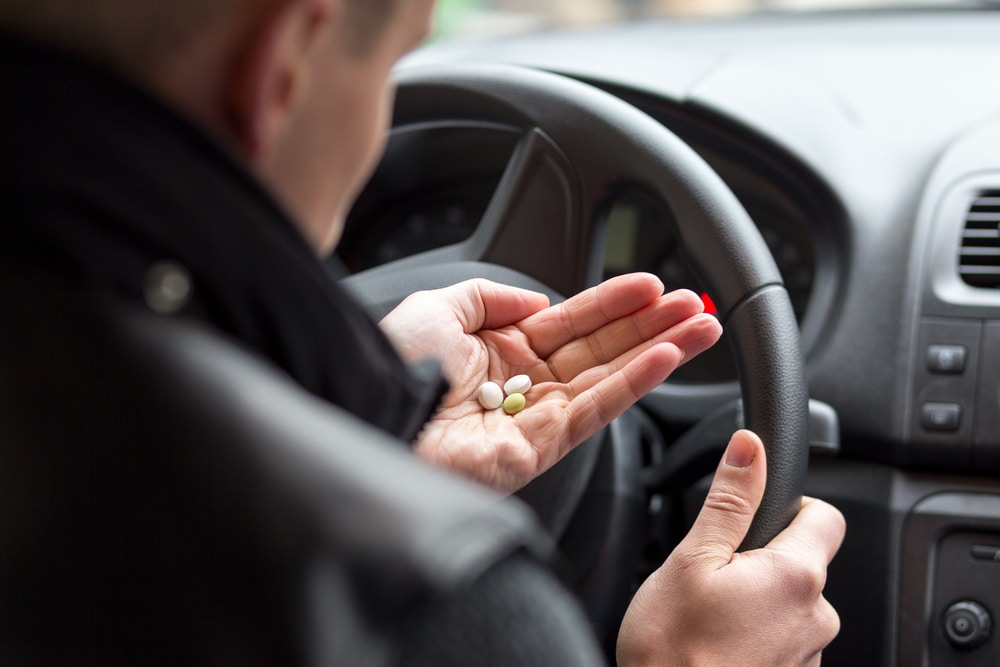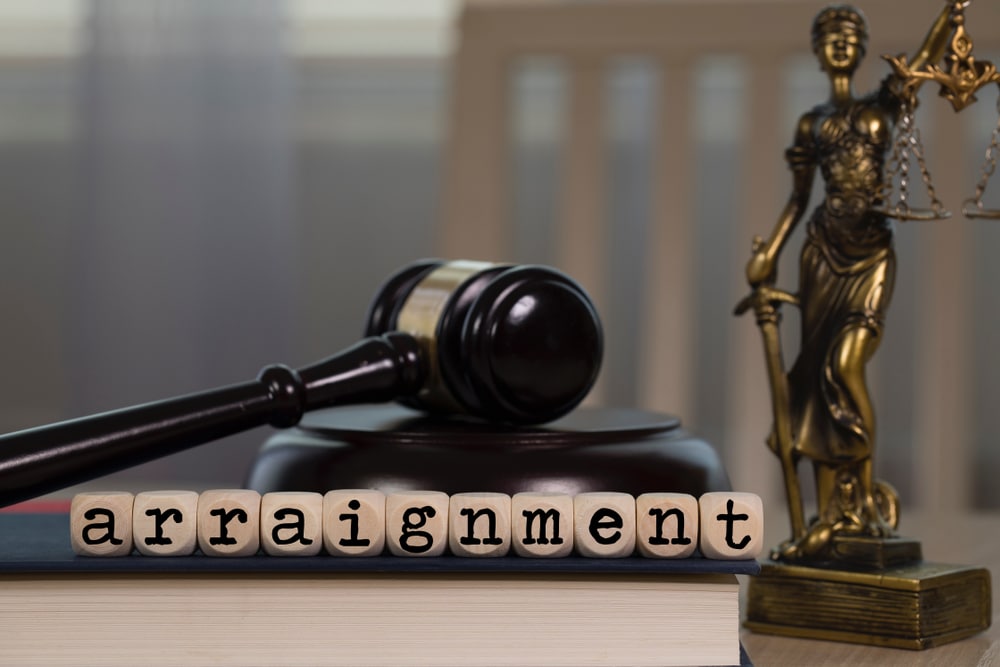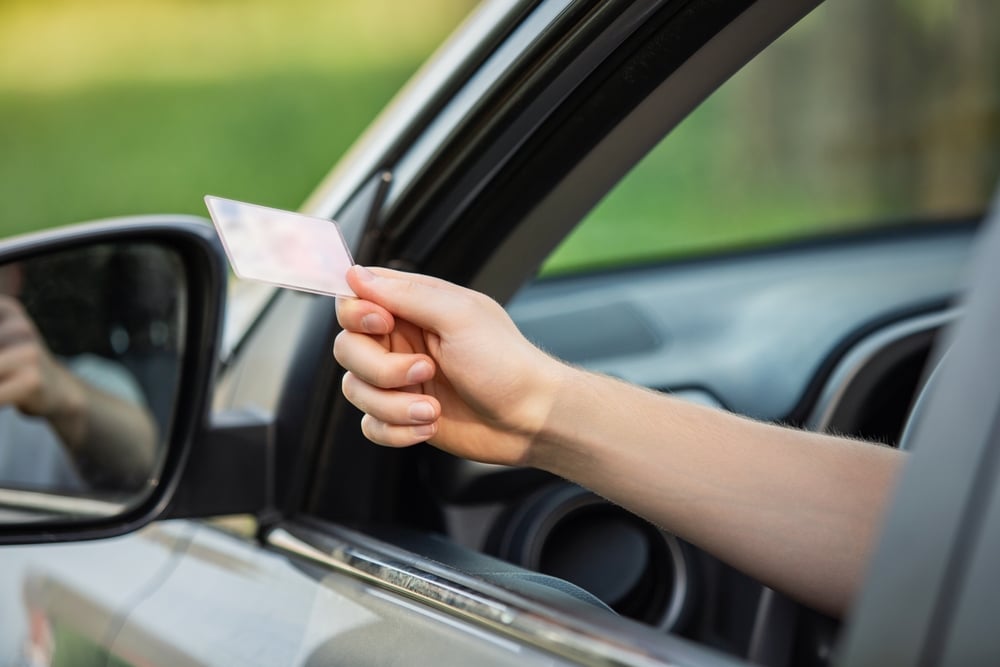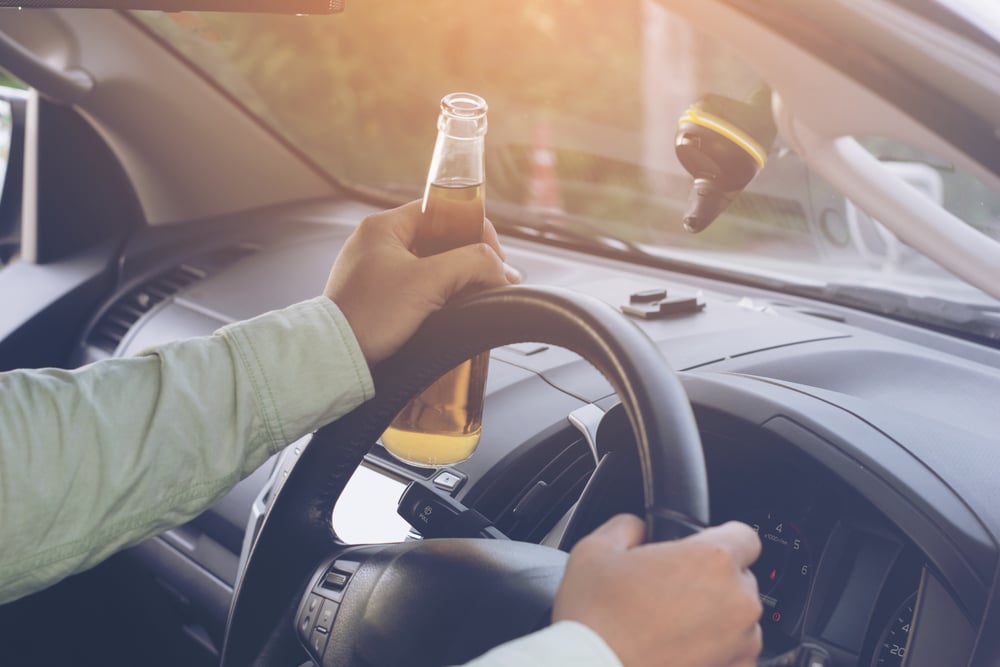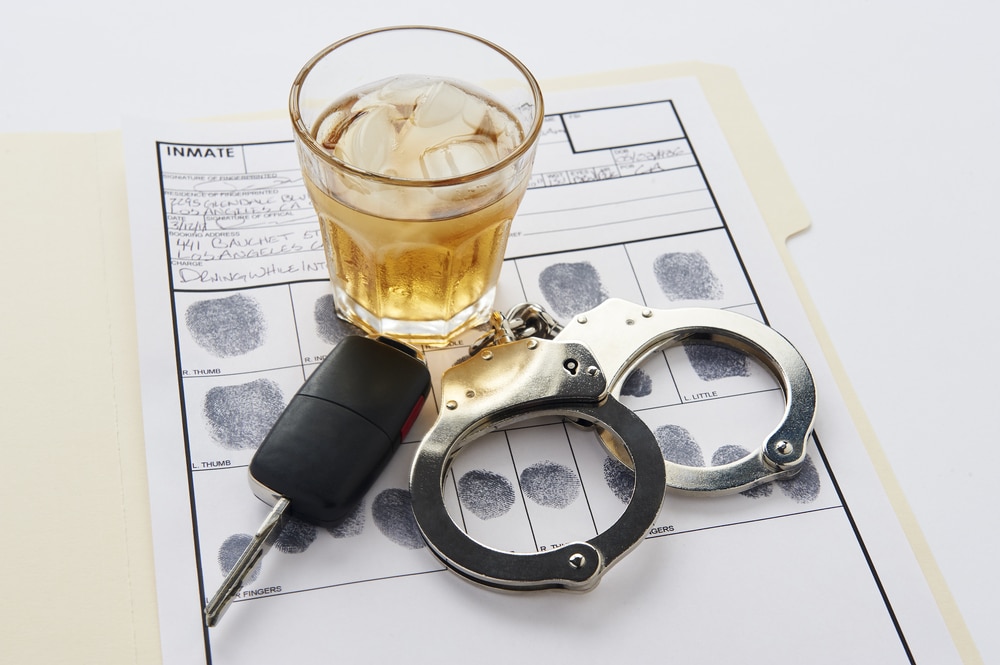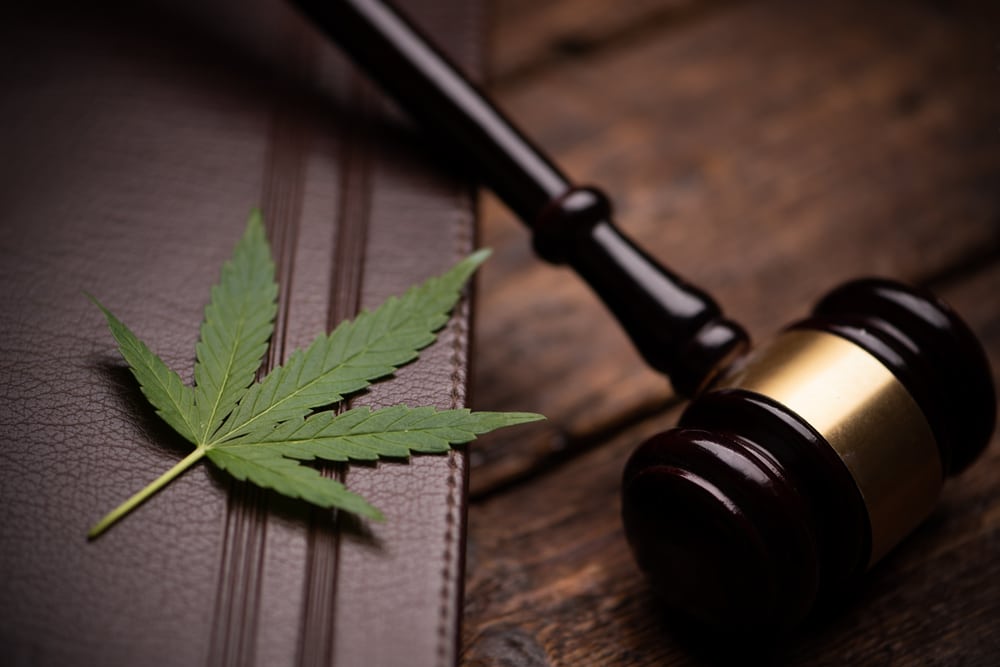With the legalization of recreational marijuana in New York State, the New York State Department of Health is examining methodologies that can be used to detect cannabis-impaired driving. Unlike the technologies that can determine a person’s blood alcohol content in drunk driving scenarios, there are currently no valid tests or standards to measure a motorist’s impairment while driving under the influence of cannabis.
While there are no field tests that can accurately assess whether a person’s driving ability is impaired, it’s important to understand that it is illegal to operate a vehicle while under the influence of marijuana. Just as an alcohol-related DWI conviction can have life-changing ramifications, being found guilty of driving while impaired by marijuana can come with serious penalties.
What is a DWAI by Marijuana or Drugs in New York?
Not only is it illegal in New York to drive a vehicle while under the influence of alcohol, but it is also against the law to drive while impaired by opiates, hallucinogens, marijuana, cocaine, amphetamines, prescription drugs, and other drugs. Drivers can face steep consequences if they operate a vehicle with any drugs in their system — including marijuana, even though it has been decriminalized.
Law enforcement must have reasonable suspicion to pull a driver over for a DWAI by cannabis or other drugs. Police cannot administer a breathalyzer as they would in a DWI involving alcohol, but they will make observations about the driver’s appearance to assess whether their ability to drive was impaired. While there is no specific concentration of marijuana that indicates impairment, an officer may take note of an individual’s speech, coordination, lack of attention, and pupil dilation, among other factors.
What is the Penalty for a DWAI by Marijuana or Drugs?
To convict an individual charged with a DWAI by drugs in New York, the prosecution must be able to establish that the drug was voluntarily smoked or ingested — and their ability to operate a motor vehicle was impaired by smoking or ingesting it.
The penalties for a DWAI by drugs, including marijuana can include the following:
- First DWAI by a Drug — Mandatory fine of $500-$1,000; a maximum one-year jail term; license revocation for at least six months.
- Second DWAI by Drug Violation in 10 Years — E felony charges; a mandatory fine of $1,000- $5,000; a maximum four-year jail term; license revocation for at least one year.
- Third DWAI by drug Violation in 10 Years — D felony charges; a mandatory $2,000-$10,000 fine; a maximum seven-year jail sentence; license revocation for at least one year.
- DWAI by a Combination of Alcohol and Drugs — a mandatory $500-$1,000 fine; a maximum one-year jail term; license revocation for at least six months.
- Second DWAI Combination in 10 Years — E felony charges; a mandatory $1,000-$5,000 fine; a maximum four-year jail term; license revocation for at least one year.
- Third DWAI Combination in 10 Years — D felony charges; a mandatory $2,000-$10,000 fine; a seven-year jail term; license revocation for at least one year.
Additional penalties can apply in cases where an individual was convicted of multiple alcohol or drug related offenses within the last 25 years. Three or more convictions within ten years can result in permanent license revocation.
Importantly, a charge does not always mean a conviction — a skilled criminal defense attorney may be able to assert a number of defenses, depending upon the facts and circumstances of each specific case. For instance, they may be able to show that police did not follow proper protocol, made errors in handling chemical tests, or violated the defendant’s Constitutional rights. They may also be able to establish that the defendant had medical issues that impaired them, which were not related to the marijuana use.
Contact an Experienced New York Criminal Defense Attorney
If you’ve been charged with a DWAI in connection with marijuana or drugs, it’s vital to have a criminal defense attorney on your side to protect your rights. The criminal defense attorneys at D’Emilia Law provide high-quality representation and experienced advocacy to those who have been arrested for the offense of DWAI by Drugs and work to obtain the best possible outcomes in their cases. To schedule a consultation, contact us at 1-888-DEMILIA.

